Shutdown Academy
120 mins
Using Strategic Litigation to Combat Internet Shutdowns
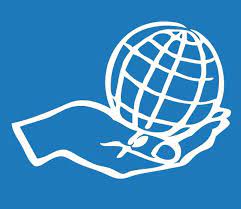
- Abstract:
- This course focuses on how to use strategic litigation to contest the imposition of Internet shutdowns and to seek remedies for disruptions where they do occur. It is designed primarily for campaigners and advocates who are seeking to expand their campaign work by using strategic litigation.
- About this course:
- Internet shutdowns, whether national or just in parts of a country and whether outright or via slowdowns, have become far more common and widespread over the last 10-15 years. There are different ways to try to combat these types of government action, of which one that has proven useful in a number of countries is using strategic litigation. This can invalidate ongoing shutdowns, set key standards which make future shutdowns less likely, or potentially allocate compensation for harm caused by a shutdown. Strategic litigation is not easy or cheap to undertake but, given the dramatic impacts of Internet shutdowns, it is important to consider it among other options.
- What do I learn:
- This course outlines key international human rights standards obligations of States in the area of respect for freedom of expression, with a focus on those that are relevant to Internet shutdowns. It then provides a review of the campaign area of strategic litigation, looking at how it differs from ordinary cases, what needs to be considered before engaging in it and the main steps to take to undertake a process of strategic litigation. The course then focuses more specifically on strategic litigation in response to shutdowns, looking at how to design a successful case strategy and the core legal arguments that should be considered.
- What do I need to know:
- You will benefit more from this course if you start having some basic understanding of the core concepts regarding freedom of expression. You should know something about your country’s constitutional guarantees for this right, what international treaties it has ratified and whether international legal remedies are available to you. You should also be aware of whether your government has engaged in Internet shutdowns, whether nationally or in parts of your country, and how different stakeholders have responded to this.
Trainers
- 1.1 Introduction to the course1.2 Introduction to Internet shutdowns
- 2.1 Overview of key freedom of expression principles2.2 Restrictions on freedom of expression2.3 The rights to seek and receive information2.4 Key freedom of expression principles for shutdowns2.5 Quiz
- 3.1 Core Features of strategic litigation vs. ordinary cases3.2 Key issues to consider before engaging in strategic litigation3.3 Using strategic litigation to support freedom of expression3.4 Main steps for running a strategic litigation
- 4.1 Main benefits and challenges of litigating shutdowns4.2 How to design a successful case strategy4.3 Core legal arguments4.4 Further elaboration of core legal arguments4.5 Checklist for legal strategy4.6 Quiz
- 5.1 Importance of advocacy in this context5.2 Framework for developing an advocacy strategy5.3 Case study - MISA Zimbabwe - Helen Sithole5.4 Key advocacy tools and targets for strategic litigation5.5 Engaging with the Media
- 6.1 Common features of the context for Internet shutdowns6.2 Special challenges for litigating shutdowns6.3 Common features of the context for Internet shutdowns - Natalia Krapiva6.4 Tips on responding to challenges6.5 Quiz
- 7.1 Conclusion7.2 Course survey
Related courses

60 mins
Shutdown Academy
Documenting Human Rights Violations During Internet Shutdowns
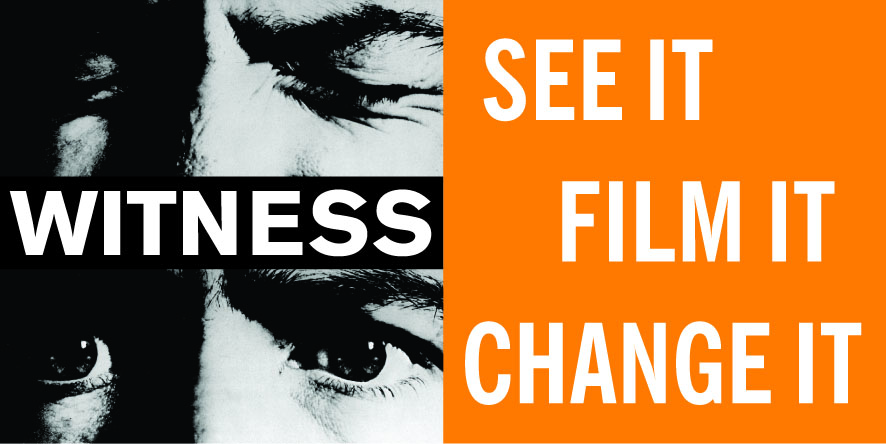 WITNESS
WITNESS
60 mins
Shutdown Academy
Documenting Human Rights Violations During Internet Shutdowns
 WITNESS
WITNESS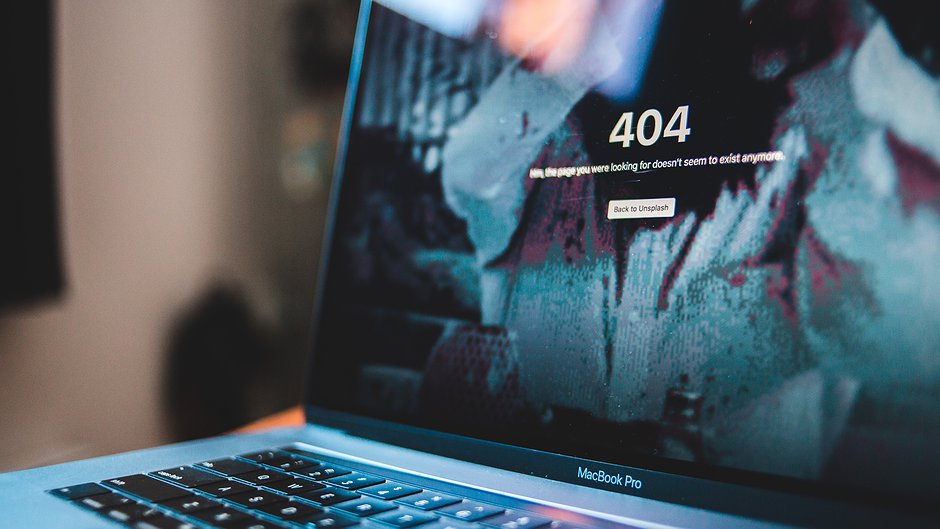
90 mins
Shutdown Academy
Measuring Internet Censorship with OONI tools and Open Data
 Open Observatory of Network Interference (OONI)
Open Observatory of Network Interference (OONI)
90 mins
Shutdown Academy
Measuring Internet Censorship with OONI tools and Open Data
 Open Observatory of Network Interference (OONI)
Open Observatory of Network Interference (OONI)
Suggested reading

Blog
Building Capacity for Monitoring & Documenting Human Rights Violations
The purpose of this assessment is to evaluate the efficacy of strategies used by HRPs/HRMOs for communicating during blackouts. The goal of this project envisages to see a ZimbabweanCivilSociety that is prepared to document and monitor human rights violations without hiccups during internet shutdowns.
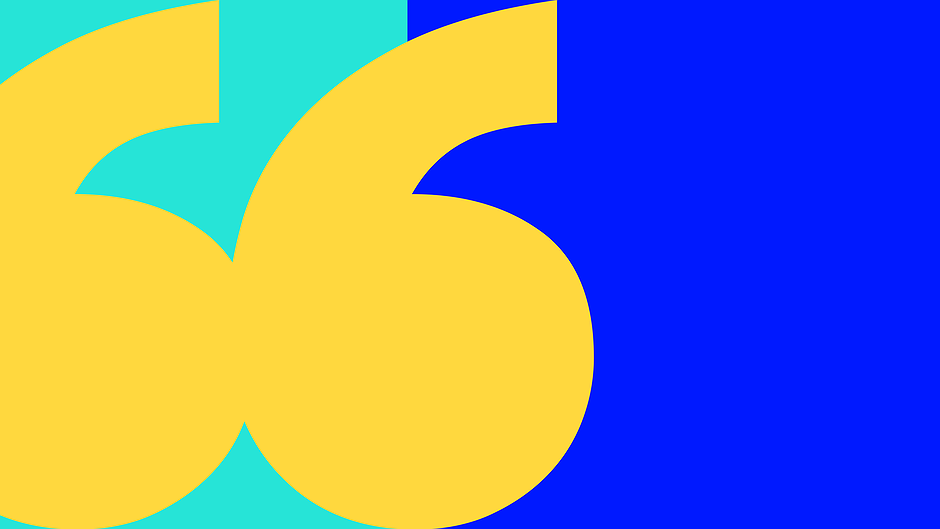
Blog
Advocacy Assembly Internet Shutdown Academy: Creative Strategies to Fight Back
Internet shutdowns are occurring increasingly globally, posing significant threats to freedom of expression, access to information & economic growth. These shutdowns manifest in various forms through different technical measures & are implemented by governments in various circumstances. Responding to this threat of internet shutdowns, Advocacy Assembly designed the Internet Shutdown Academy, a set of 10 full online courses in 7 languages!
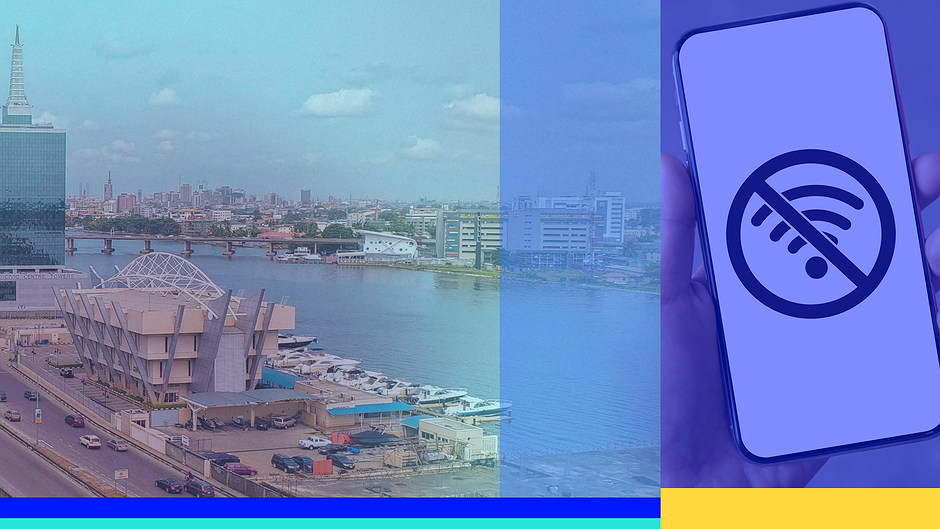
Blog
Evaluating the Efficacy of State-Imposed Telecom Shutdowns in Northwest Nigeria
This article casts doubt on the shutdowns' effectiveness in curbing banditry, exposing alternative explanations for any temporary decrease in attacks. It questions the legitimacy of justifying these shutdowns as effective counter-terrorism measures, advocating for alternative approaches that prioritize community engagement, human rights, and development initiatives to address the root causes of insecurity and foster lasting peace in Northwestern Nigeria and Nigeria at large.

Blog
Impact of the Twitter Ban in Nigeria
This post is a research study on the impact of the Twitter ban in Nigeria on Human Rights Monitoring, Advocacy and Creativity. Read more.
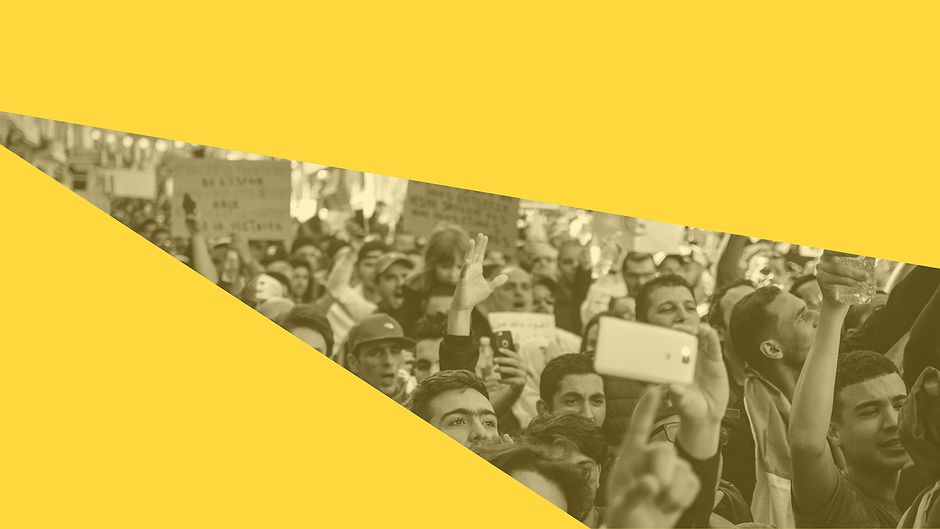
Blog
Four Free Toolkits to Fight Internet Shutdowns
Let’s tell you a little bit more about each toolkit!
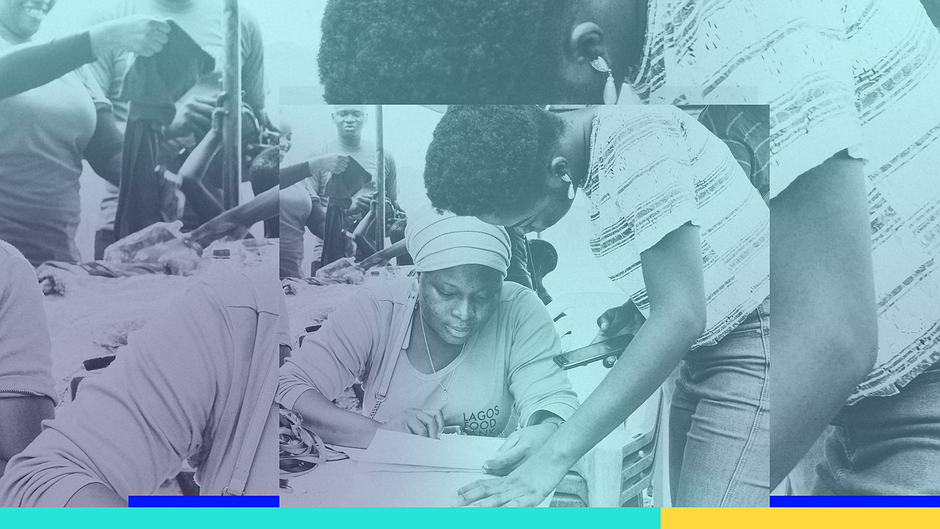
Blog
The Impact of Internet Disruptions on Farmers in Nigeria
In Nigeria’s Northwestern Sokoto State, farm workers grapple with geopolitical challenges, shifting climate realities, and economic turbulence. However, they now face a new, growing threat: a troubling rise in internet disruptions, which threatens their ability to work in an increasingly digitally connected world. Read more.
